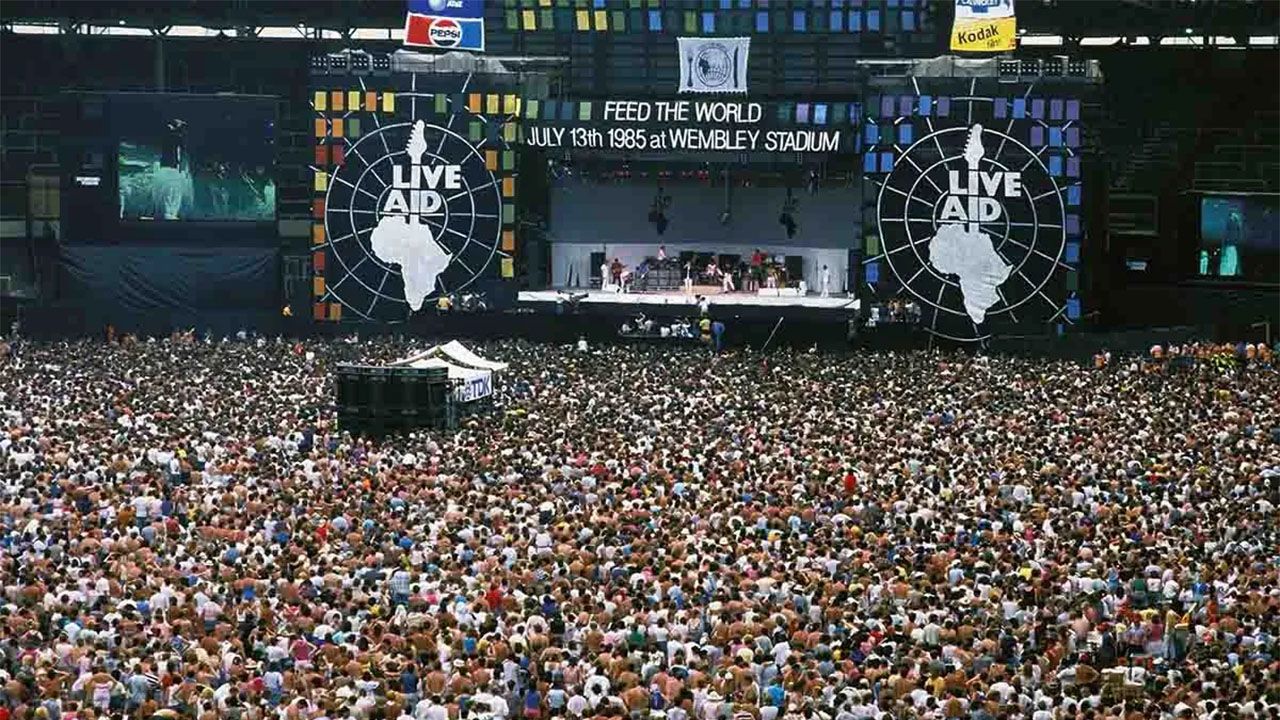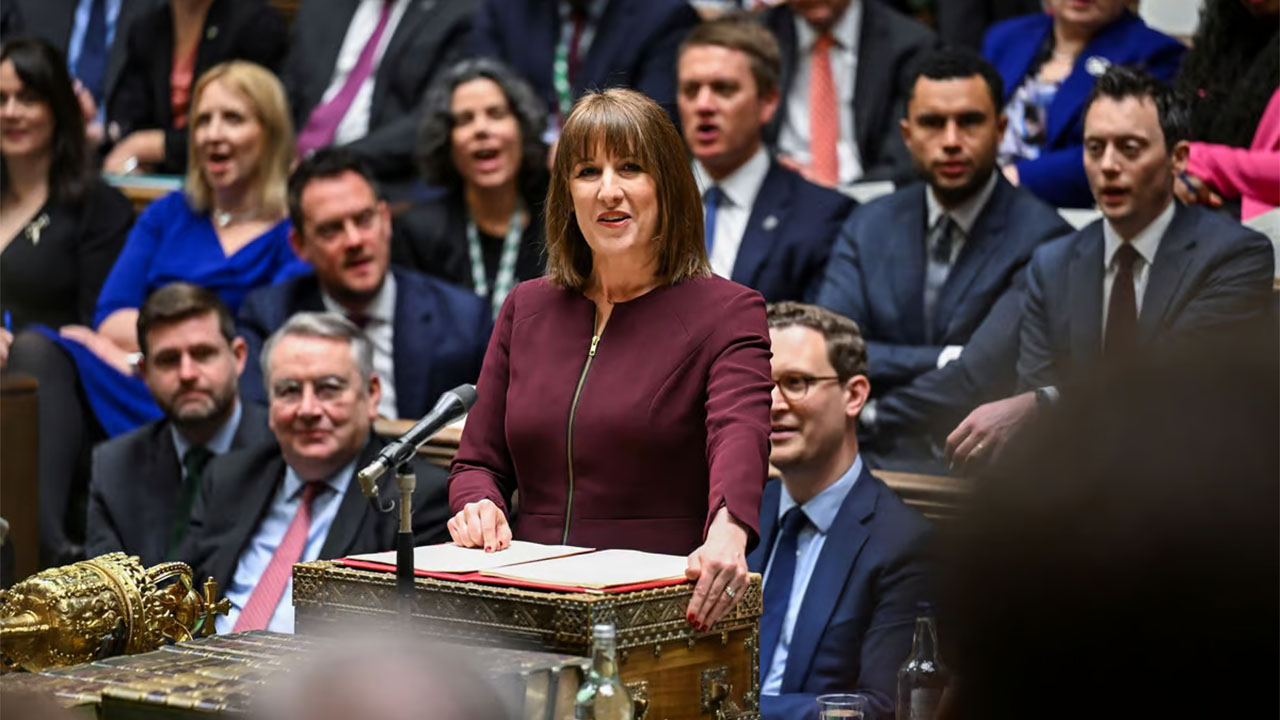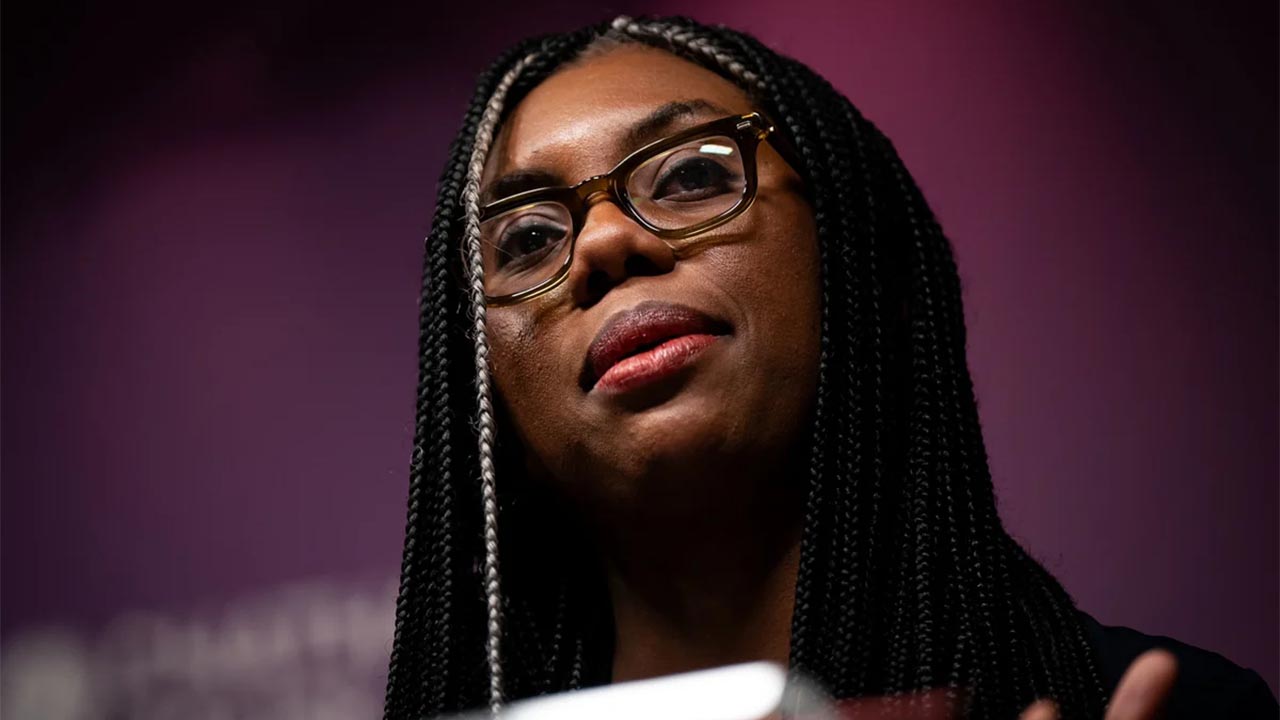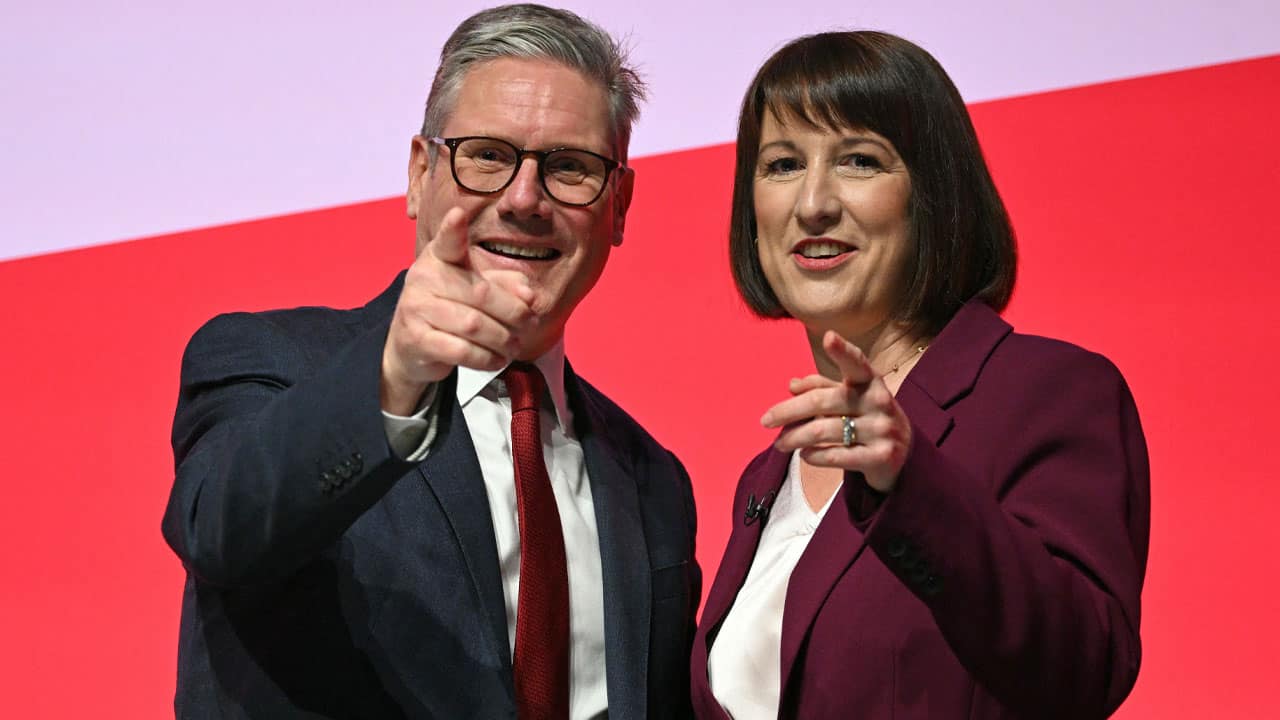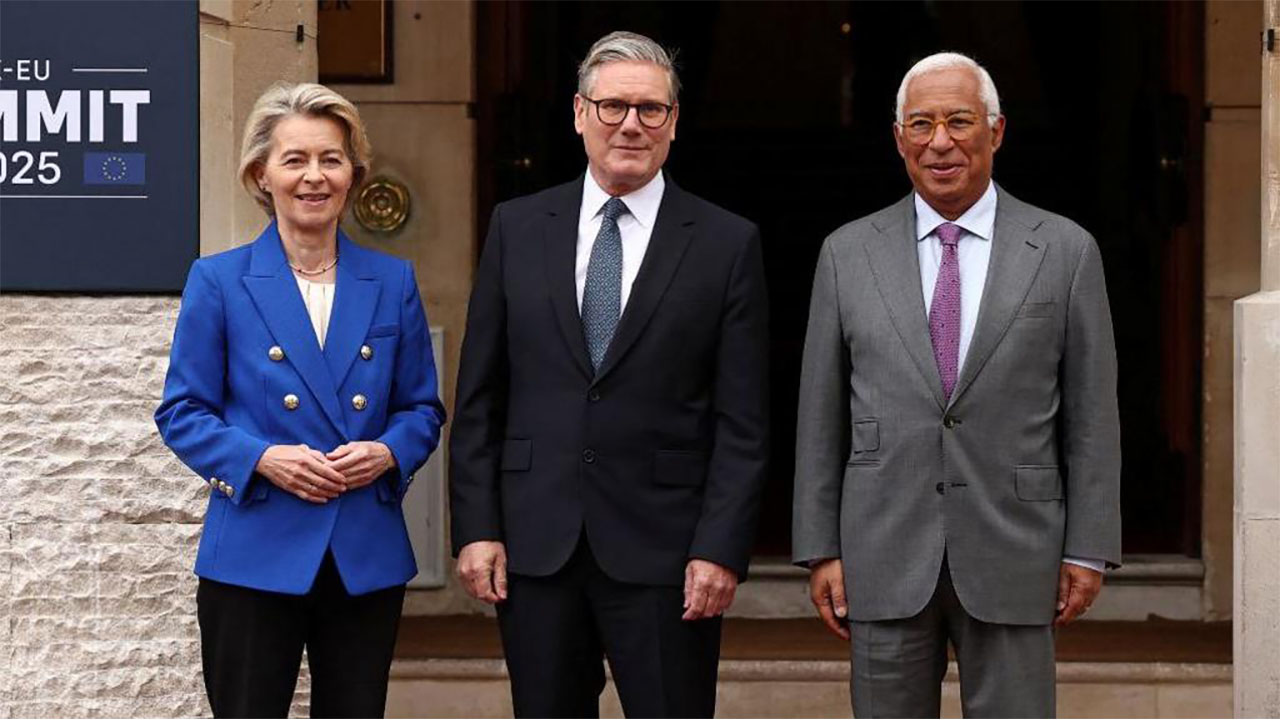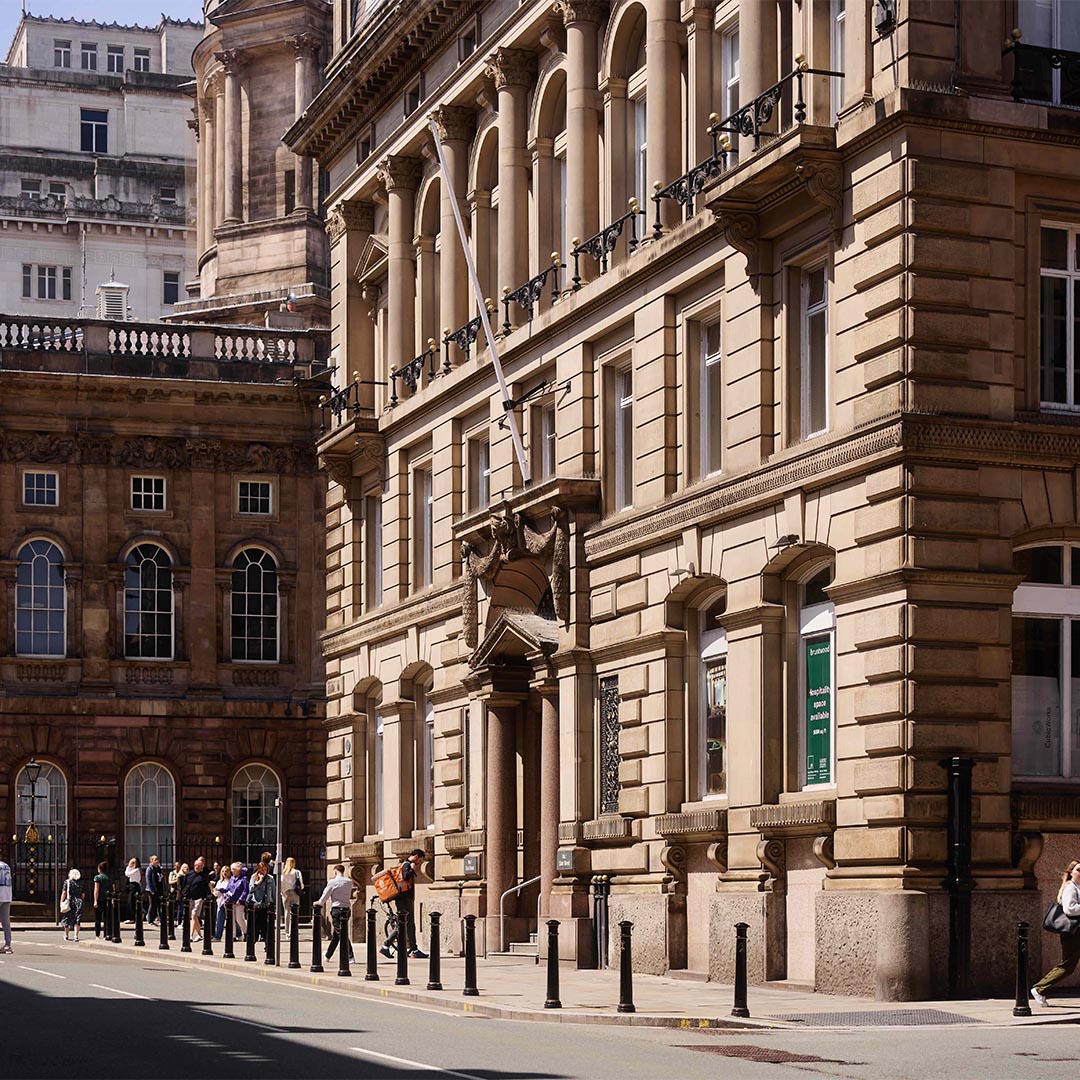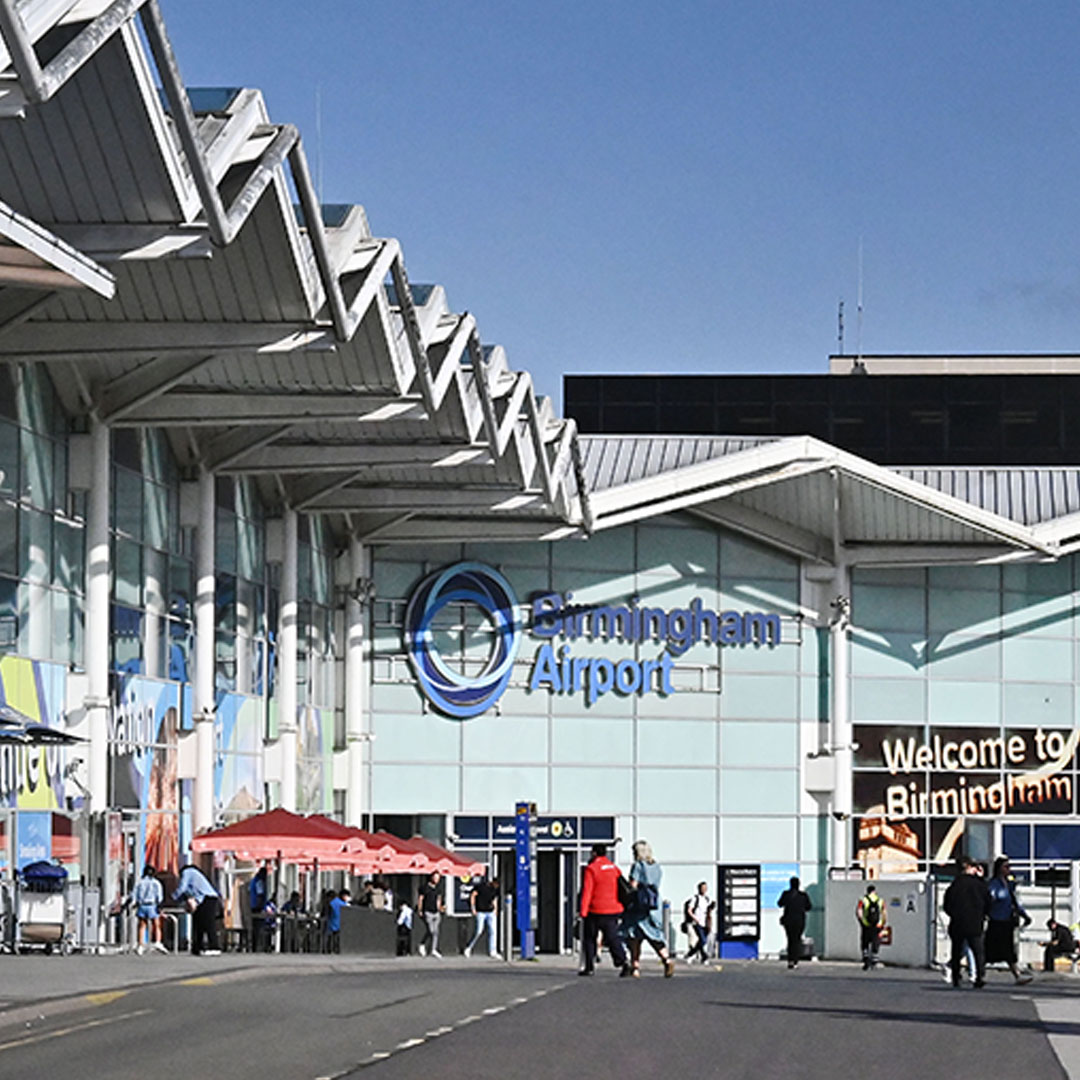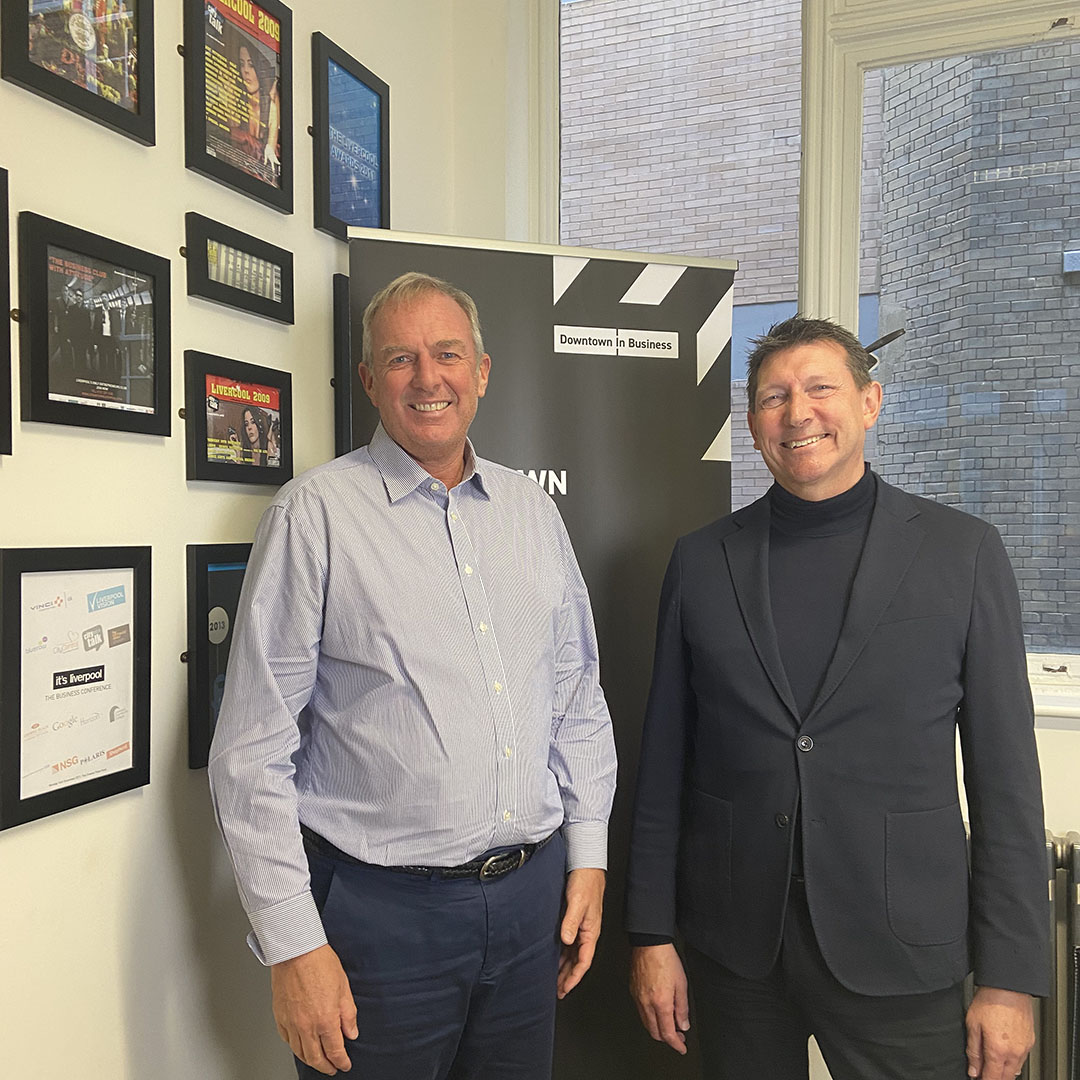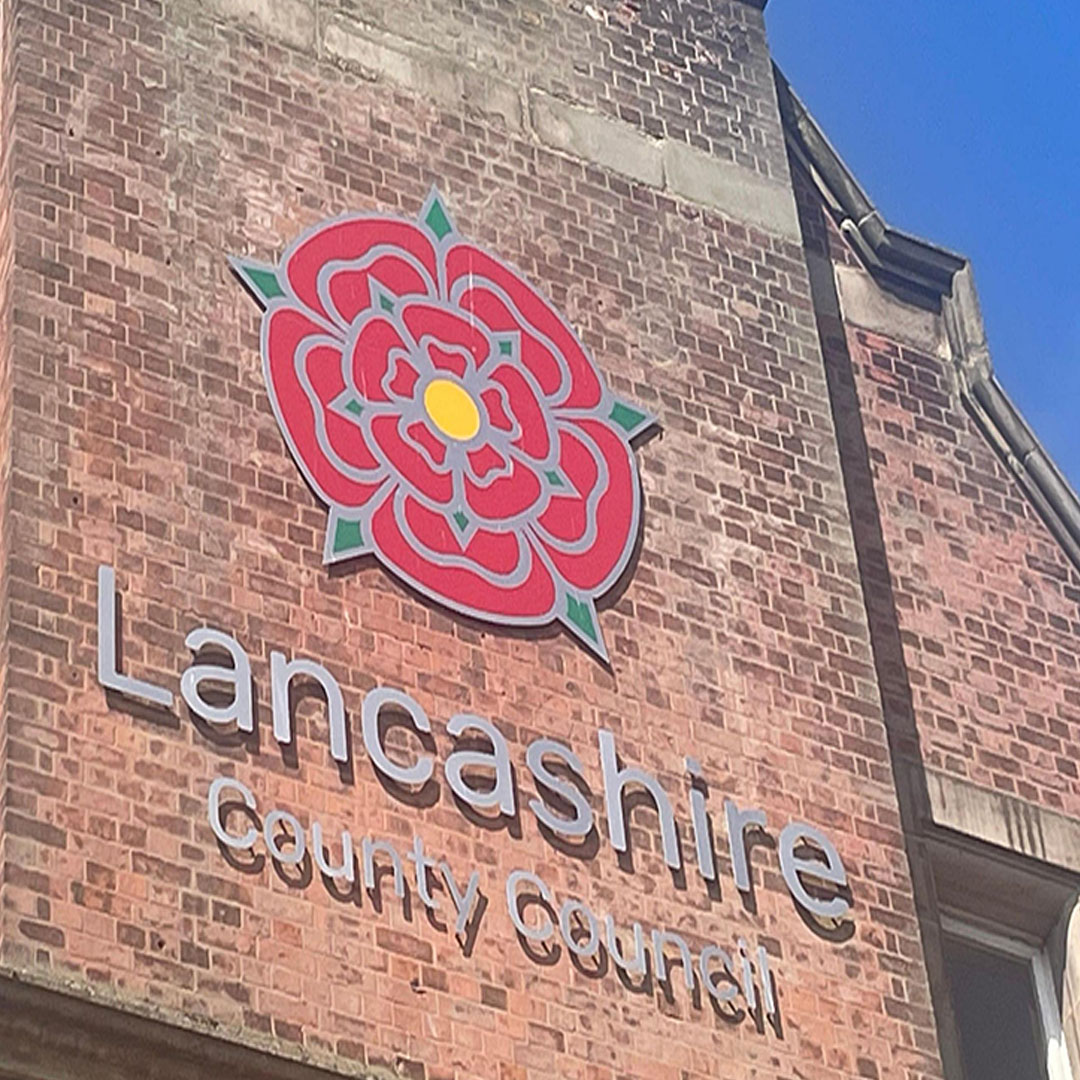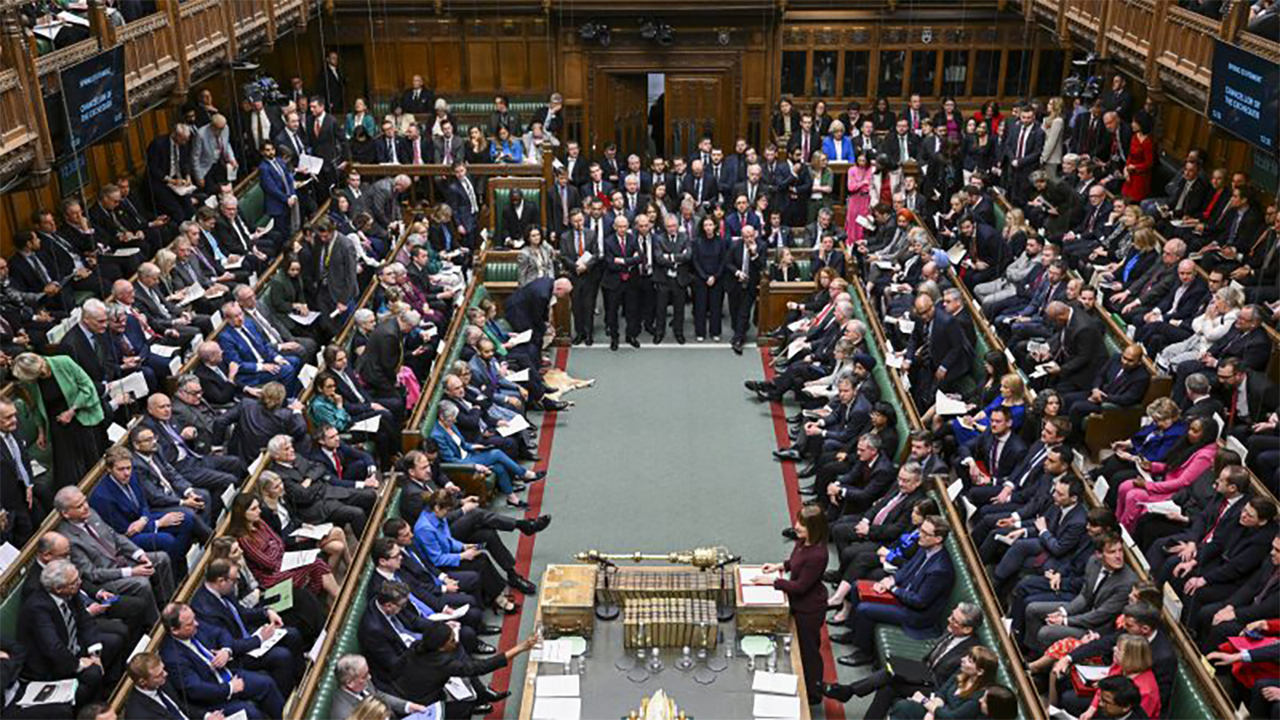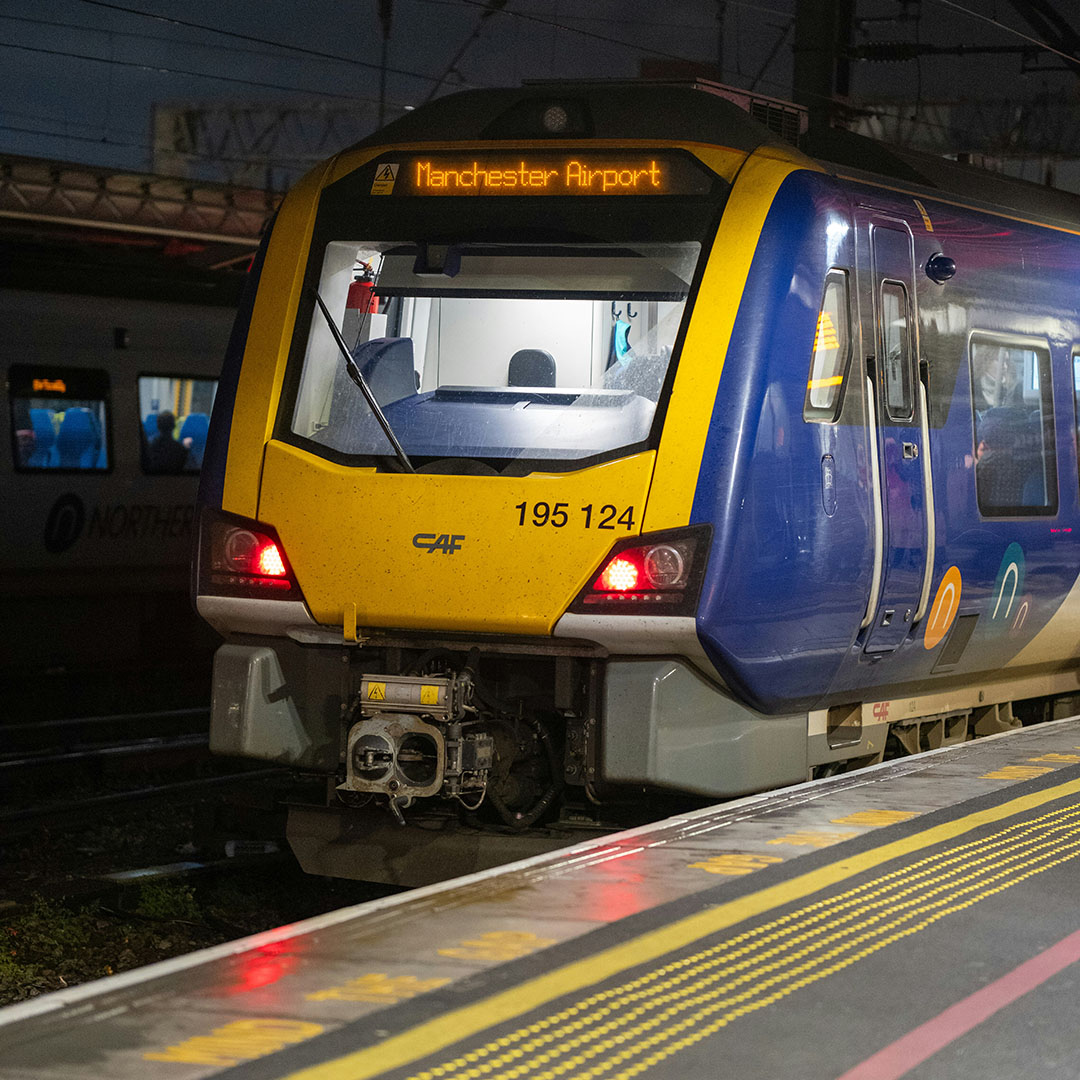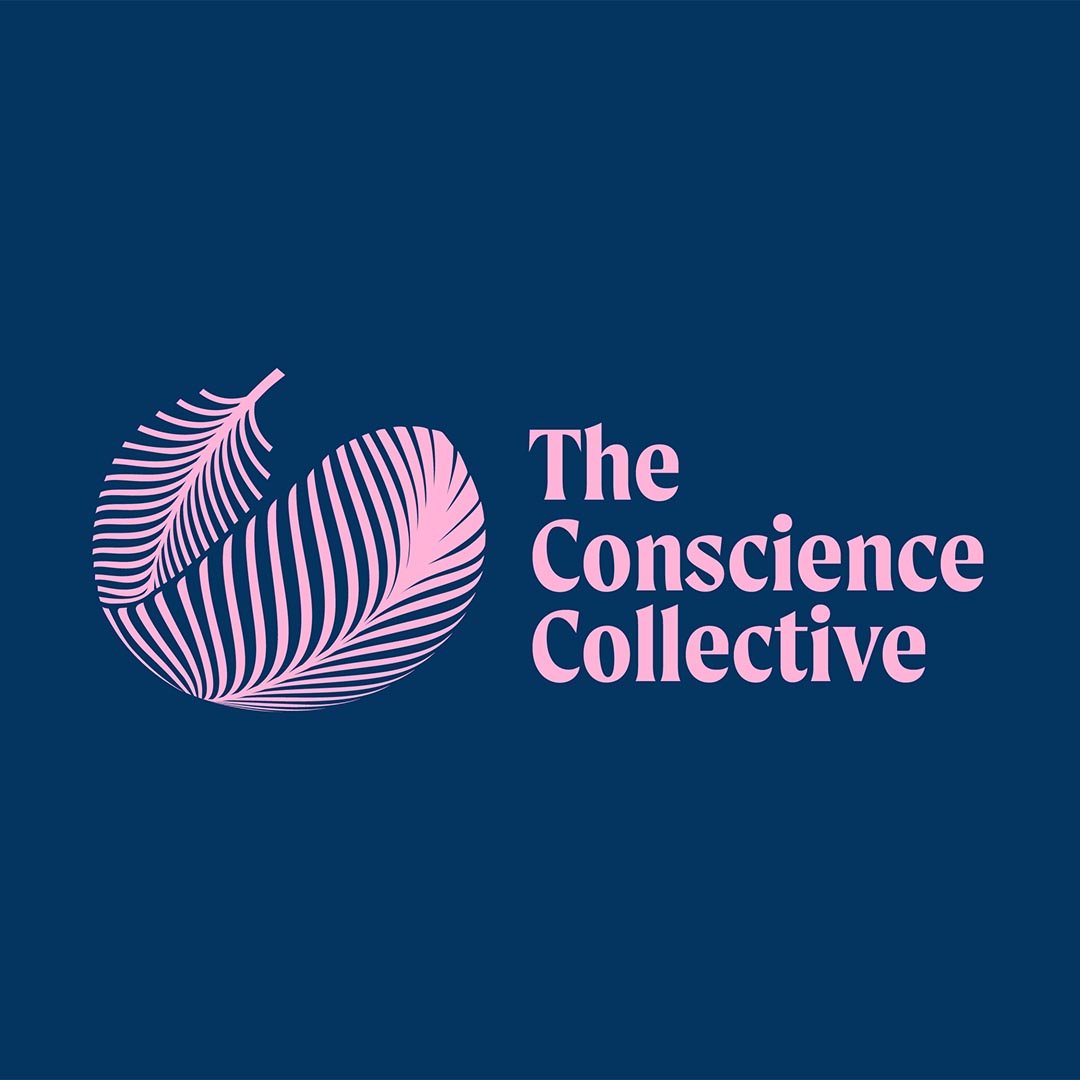Forty years ago this weekend saw the incredible spectacle that was Live Aid take place in London and Philadelphia. What was the impact – and how much of the good work done through that initiative has been undermined in recent years?
In July 1985, a scruffy Irish rock star and a softly spoken pop idol pulled off something utterly extraordinary. Bob Geldof and Midge Ure turned a simple, radical idea – let’s use music to feed the world – into Live Aid.
For 16 glorious hours, Wembley and Philadelphia became the epicentre of global compassion. Queen, U2, Bowie, and a Who’s Who of rock legends performed to a live audience of 160,000 and a TV audience of 1.5 billion – nearly 40% of the world’s population at the time. £150 million was raised. And more importantly, millions of lives were saved as famine relief finally reached the most devastated parts of Ethiopia.
Predictably, the cynics had a field day. They always do. Some accused Geldof of being naïve. Others argued the money would vanish into corrupt regimes or feed warlords instead of children. But the facts tell a different story. Grain was delivered. Medicines arrived. Wells were dug. Schools reopened. Was every penny perfectly spent? Of course not. But without Live Aid, the death toll in Ethiopia would have been even more horrific.
Fast forward to 2005 and Geldof was back with Live 8. This time, the goal wasn’t emergency aid – it was systemic change. The target? G8 leaders meeting in Gleneagles. The demand? Make poverty history.
With UK prime minister Tony Blair launching an Africa Commission and persuading his friend in the White House George Bush to back his plans, Geldof, now joined by U2s influential frontman Bono, were invited to the G8 Summit to press Putin, Schroeder, Chirac and the other G8 leaders to ‘make poverty history’.
And it worked. $40 billion of debt cancellation for the world’s poorest nations. Commitments to double aid to Africa. Increased access to HIV/AIDS treatment for millions. Not every promise was kept (this is politics, after all) but the momentum shifted. For the first time, global poverty and inequality weren’t a footnote on an agenda – they were the agenda.
These concerts weren’t just gigs; they were political movements with guitars. They proved culture can shape policy. They showed that sheer audacity can rattle the corridors of power.
But nearly 20 years on, that momentum has stalled – and in some cases, gone into reverse.
Donald Trump’s America led the retreat, slashing foreign aid budgets, withdrawing from key international agreements and leaving a vacuum in global leadership. That retreat emboldened others. And now, even Britain – the country that once enshrined a 0.7% aid commitment in law – has followed suit.
The Labour government under Keir Starmer confirmed it would not restore international aid spending to 0.7% of GDP, despite campaigning on a platform of rebuilding Britain’s global standing. Aid programmes that support education, healthcare and famine relief in some of the
world’s poorest nations remain stripped back. For the communities Live Aid fought to save, that’s not just a statistic – it’s a lifeline pulled away.
This isn’t just morally questionable – it’s strategically reckless. Famine doesn’t respect borders. Poverty fuels instability, mass migration and conflict. Every pound or dollar cut today risks costing ten times more tomorrow.
From a global leadership perspective, the UK and the US are frittering away the influence and soft power they have enjoyed in these strategically important parts of the world, leaving the door not just ajar, but wide open, for Russia and China to walk through. Let’s hope more visionary politicians in Westminster and the White House can convince the prime minister and President of the wrong-headedness of their approach.
Geldof didn’t have a blueprint. He didn’t have a government department or an international aid agency. He had anger, a phonebook full of rock stars, and the belief that ordinary people could move mountains if they cared enough.
And they did.
Today’s disruptors in business get this. They don’t wait for permission. They don’t accept the status quo. They act.
We need governments to do the same. Because 40 years on from Ethiopia, famine is back on the agenda. Conflict, climate change and weak governance mean millions in East Africa face acute food insecurity again.
That’s not because Live Aid failed. Quite the opposite. It proved progress is possible. Since the 1980s, the share of people living in extreme poverty has dropped from 40% to under 10%. But progress isn’t permanent. It needs political will – and leaders with vision and guts.
Geldof said it best in 1985: “This isn’t about charity, it’s about justice.”
We live in cynical times, but Live Aid and Live 8 remind us what can happen when people – and nations – come together. Not in anger, not in fear, but in solidarity.
Forty years on form that glorious day at Wembley, the question for today’s leaders is simple: will they step up, or will they let that hard-won progress slip through their fingers?


